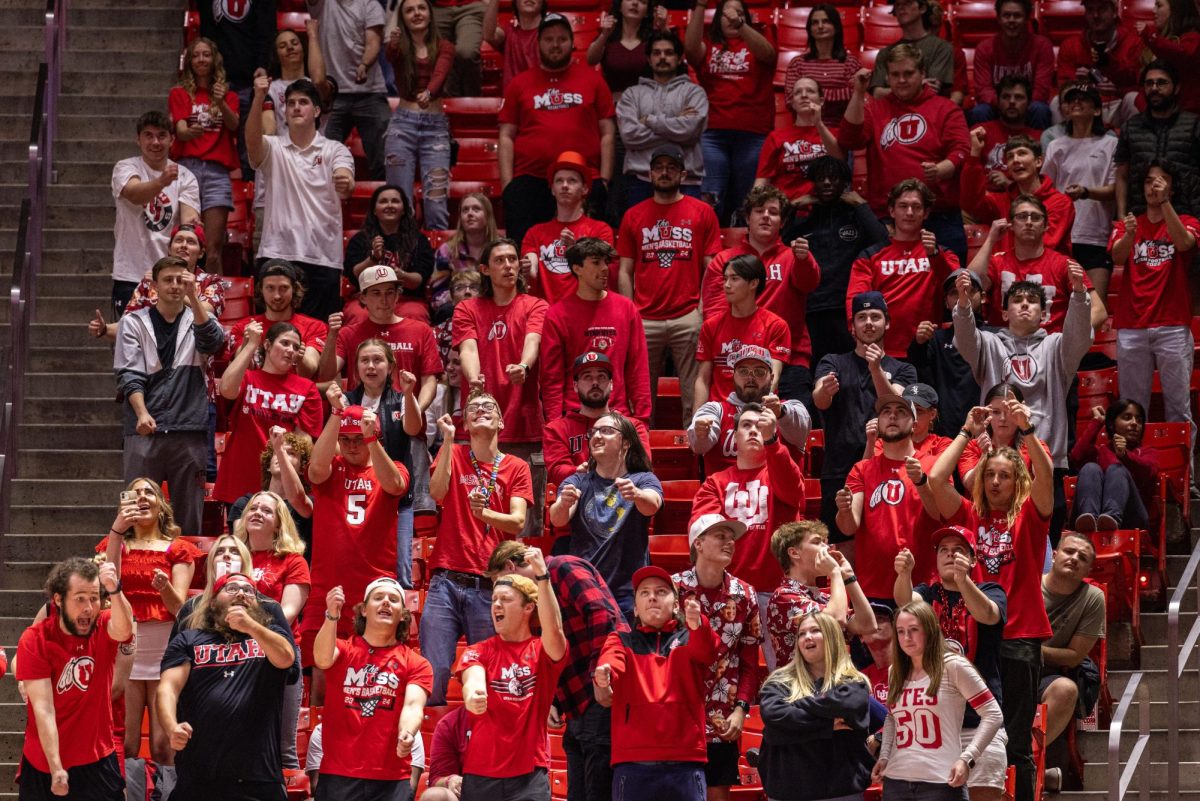A return to glory?
That’s the question echoing through the halls of the Huntsman Center as the University of Utah welcomes back one of its own, Alex Jensen, the new head basketball coach of the Runnin Utes.
Just ten days after parting ways with Craig Smith, the Utes have turned to a familiar face, a former player who embodies the program’s storied past, hoping he can reignite its future. Jensen’s hiring is more than just a coaching change; it’s a homecoming. A Centerville native and a key figure in Rick Majerus’ legendary era, Jensen’s return carries the weight of nostalgia and the promise of a resurgence. Perhaps no moment encapsulates this hope more than his role in the 1998 national championship game against Kentucky. While the Utes ultimately fell short, Jensen’s presence on that stage, battling against a powerhouse program, showcased the grit and determination that defined Majerus’ teams. His contributions, and his understanding of the program’s DNA, are now seen as crucial assets.
That 1998 run, culminating in a national championship appearance, represents the pinnacle of Utah basketball’s recent history. The program’s subsequent decline, marked by sporadic NCAA Tournament appearances and a prolonged absence from national relevance, has left fans yearning for the glory days. Now, Athletic Director Mark Harlan is betting that Jensen, a man who lived those glory days, can bring them back.
Jensen’s journey from Runnin’ Ute star to NBA assistant is a testament to his basketball acumen. After a successful professional career overseas, he honed his coaching skills under Majerus at Saint Louis University before transitioning to the NBA, spending a decade with the Utah Jazz and most recently with the Dallas Mavericks. This extensive NBA experience, particularly in player development, is seen as a significant advantage in the modern landscape of college basketball. The sport is increasingly resembling the professional game, with NIL deals and the transfer portal creating a dynamic environment that requires savvy roster management and player relations.
However, Jensen faces a significant challenge. He’s stepping into a Big 12 Conference that is a far cry from the Mountain West he dominated as a player. The conference’s depth and competitiveness will demand immediate results. Furthermore, Utah’s NIL resources lag behind many of its rivals, a factor that contributed to the program’s struggles under Smith. Jensen’s ability to navigate this new landscape, build a competitive roster, and attract top talent will be critical to his success.
The hiring of Jensen also signals a strategic shift, mirroring BYU’s recent move to bring in NBA talent. The Utes are clearly banking on Jensen’s NBA pedigree to attract recruits and bring a professional mindset to the program. His insider knowledge of the NBA, coupled with his understanding of the Utah basketball culture, positions him uniquely to rebuild the program.
Adding to the excitement is the potential addition of former teammate Andre Miller to the coaching staff. The prospect of these two Runnin’ Ute legends working together again has energized the fanbase.
For Utah, the hiring of Jensen is more than just a coaching change. It’s a symbolic return to its roots, a bold move to reclaim its place among the nation’s elite. Whether Jensen can deliver on the promise of a return to glory remains to be seen, but the hope and anticipation surrounding his return are palpable. The journey back to the Big Dance, and beyond, has begun.




